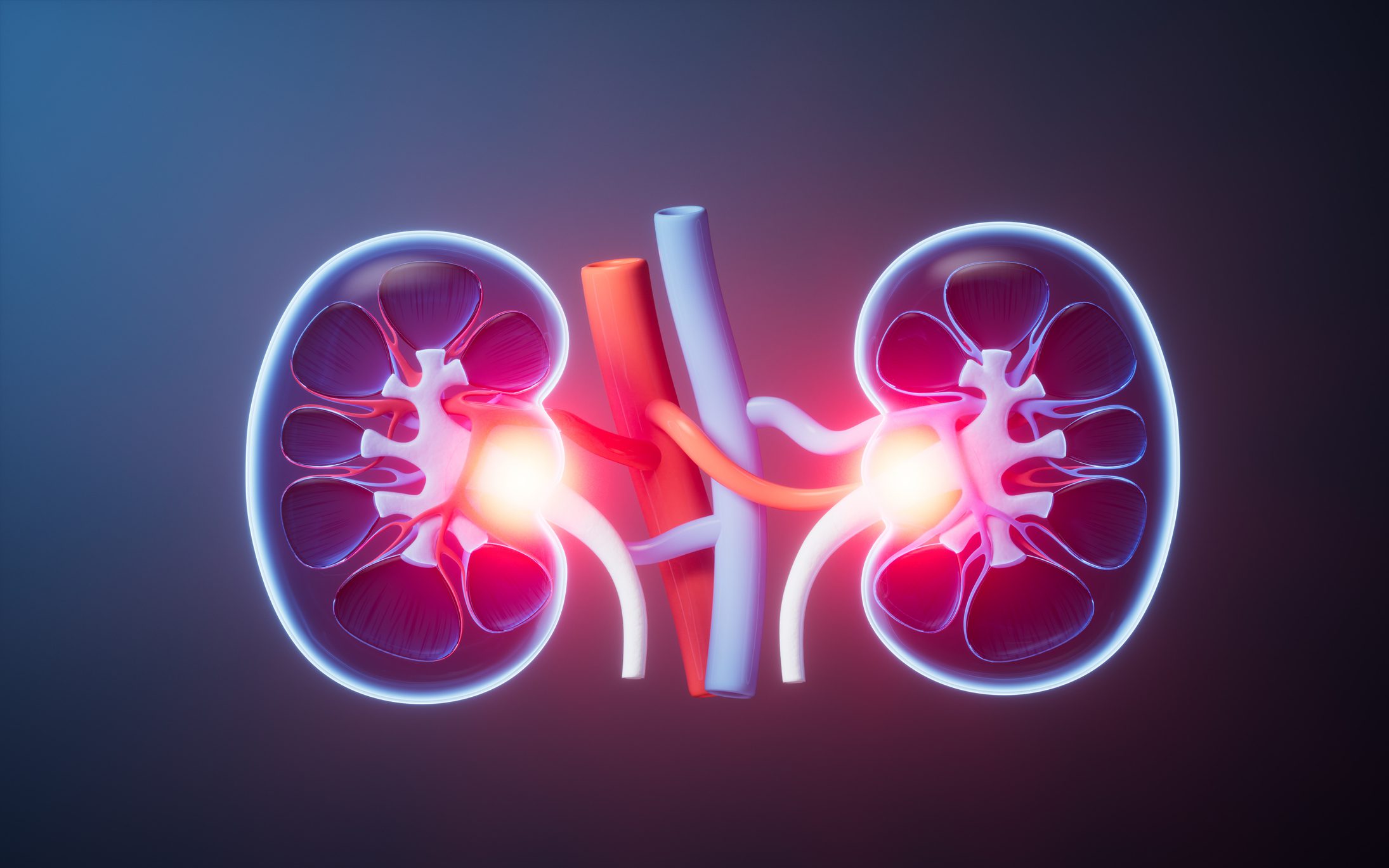The understanding of idiopathic nephrotic syndrome (INS) is changing. While the majority of children with a steroid-sensitive or steroid-dependent course can be brought into remission with glucocorticoids and further immunosuppression, the steroid-resistant form remains a clinical challenge. The discovery of autoantibodies against the podocytic slit diaphragm protein nephrin opens up a new pathogenetic paradigm. A large multicenter study now shows that anti-nephrin autoantibodies are mainly found in steroid-sensitive and steroid-dependent courses, while they are largely absent in genetically determined or multidrug-resistant forms. This suggests that anti-nephrin antibodies not only reflect pathogenesis and prognosis, but could also guide therapeutic decisions.
Autoren
- Tanja Schliebe
Publikation
- Nephrologie-Special
Related Topics
You May Also Like
- HIV: updated EACS guideline
Individualized approach to sustainable prevention and care
- Evidence-based diagnostics and treatment in the medical setting
Anxiety and depression disorders in adolescence
- Neuroenhancement
Can you swallow intelligence? Relevant substance classes times for healthy people
- Microbiome, inflammaging and affective/cognitive health
Gut-brain axis in old age
- Vitiligo - the level of suffering should not be underestimated
A lot can be achieved therapeutically nowadays
- Patient-centered rounds in medicine
Aligning care with the patient
- Adrenogenital syndrome
Clinical care from birth to adulthood
- Communication between hospitals and outpatient care











